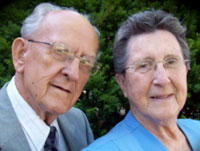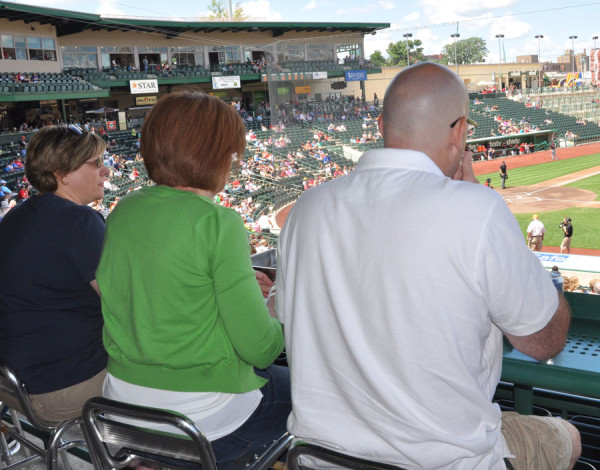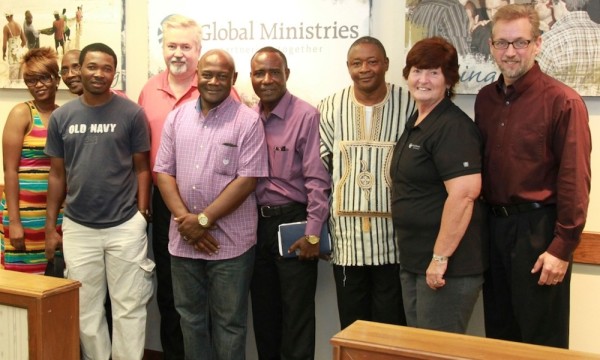July 31, 2013
|
Steve Dennie, Director of Communications
The 2013 US National Conference, during its business meeting on June 27, eliminated the “Watchcare” membership category. There’s a good chance you know nothing about Watchcare.
The Watchcare membership category is (was) for children ages 9 and under. But that’s not how it started. Historically, Watchcare was for persons of any age who were nonChristians, but were “seeking” to become Christians. They just hadn’t taken that step yet, for whatever reason.
Todd Fetters, as part of a Task Force on Membership that reported to the 2001 National Conference, researched the role of Watchcare membership in the UB church. He wrote the following:
In our contemporary culture, we have seen a rebirth of a classic term— seeker. The “seeker” is one who demonstrates a desire to know God through a process of careful discovery. The United Brethren Church has a deep historical connection with this term.
Watchcare membership was established early in the history of the United Brethren in Christ Church for the essential purpose of encouraging the “spiritually awakened” person in his or her pursuit to know God through Jesus Christ as revealed in the Bible and lived through the Church. The existence of such a category itself reveals that the class/society/church was committed to the work of the Gospel, while recognizing that it was also responsible to encourage the nonbeliever at whatever level of enlightenment he/she was….
For nearly 75 years, the term “watch-care” was used to refer only to those unbelieving adults who showed evidences of moving toward faith in Christ. Later, it included children who showed evidences of moving toward Christ. In both situations, members were required to continue pursuing knowledge of the Bible that would lead them to salvation and thus make them eligible for “full membership.”
This membership category seemed to serve the best interests of the church and the seeker. In the interest of the seeker, he/she could “belong” and receive the support and instruction of the church. By not allowing this member to vote, the interests of the church were served in that the true mind of Christ would be discerned by those persons who professed themselves to be “Christian”—according to their belief and surrender in Jesus Christ.
Apparently, using Watchcare as a place for unbelieving adults ran its course, so it was changed to focus exclusively on young children. But now, that, too, seems to have run its course. Very few churches still use it.
There was some discussion on the conference floor, mainly from persons wanting to retain the category. When it came to a voice vote, it seemed close enough to do a standing count. But the result was not close: 207 in favor of the proposal, 73 opposed. So Watchcare membership, as a denominational category of membership, is no more.
 Rev. Marion and Frances Burkett will celebrate their 70th wedding anniversary on August 14, 2013. They were married on that day in 1943. Since then, they have pastored a number of United Brethren churches, and have served as United Brethren missionaries in Sierra Leone, at the Laurel Mission in Kentucky, as United Brethren church planters.
Rev. Marion and Frances Burkett will celebrate their 70th wedding anniversary on August 14, 2013. They were married on that day in 1943. Since then, they have pastored a number of United Brethren churches, and have served as United Brethren missionaries in Sierra Leone, at the Laurel Mission in Kentucky, as United Brethren church planters.




 Steve Dennie, Director of Communications
Steve Dennie, Director of Communications